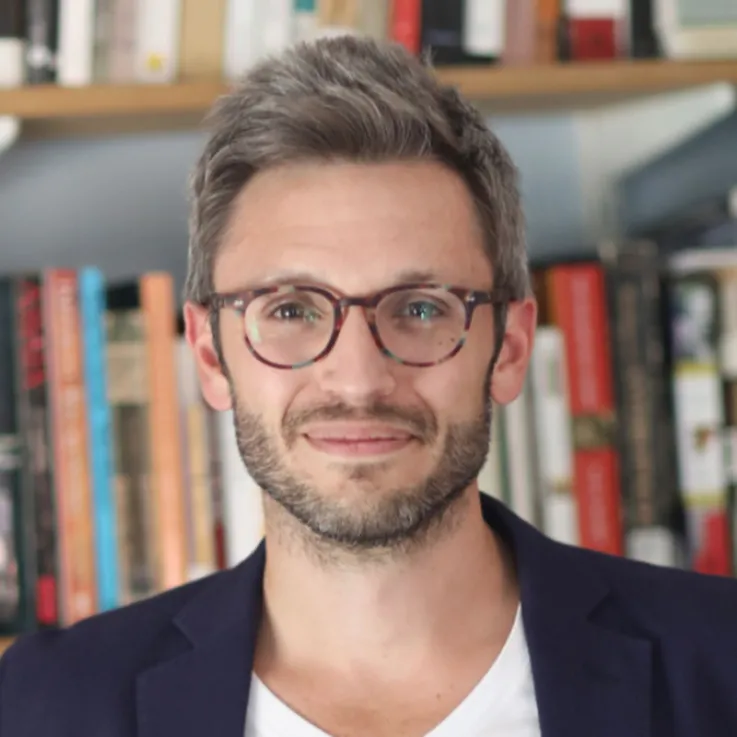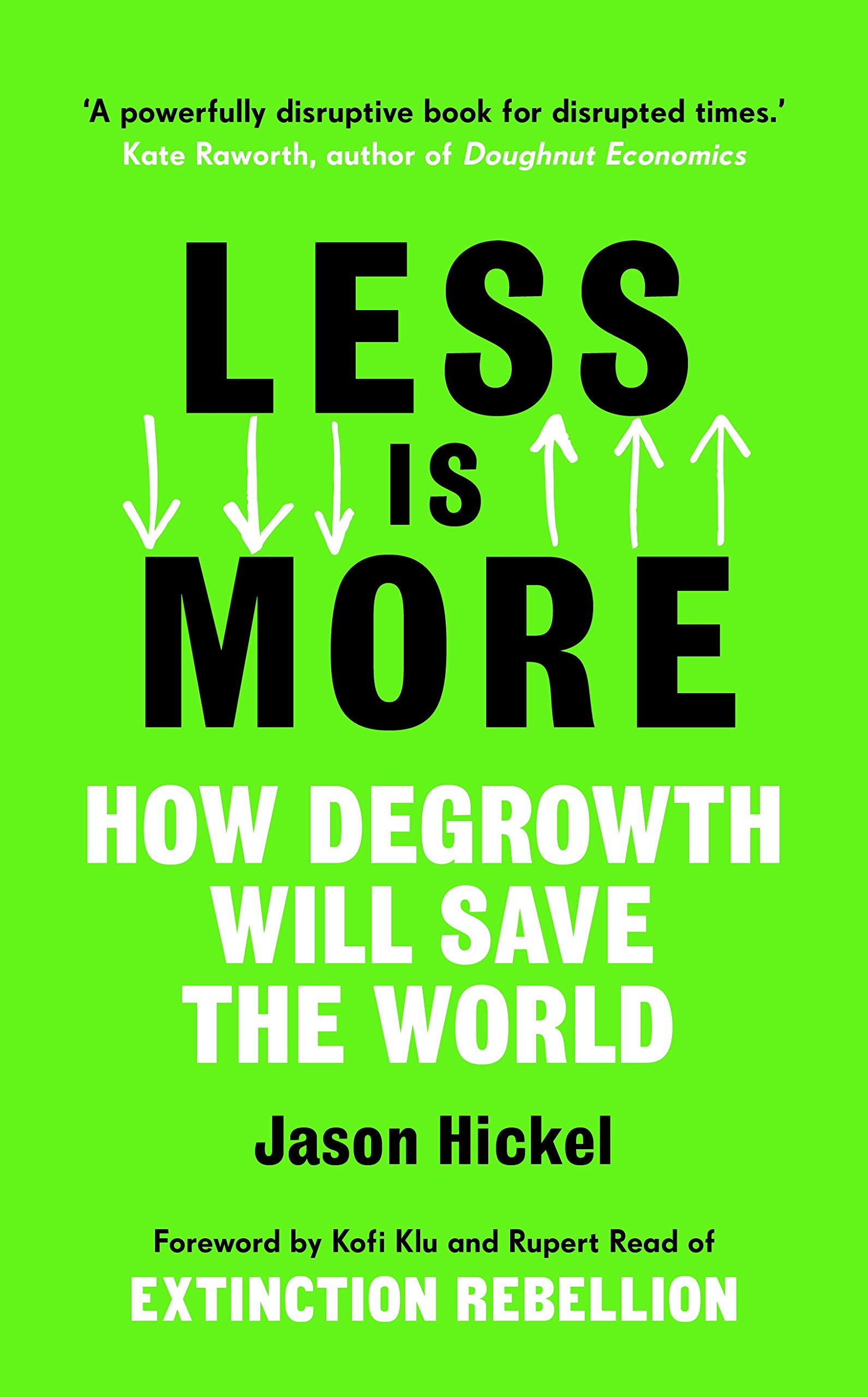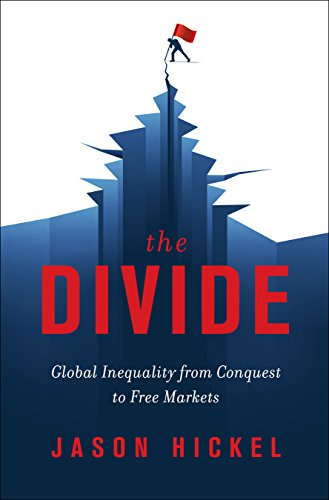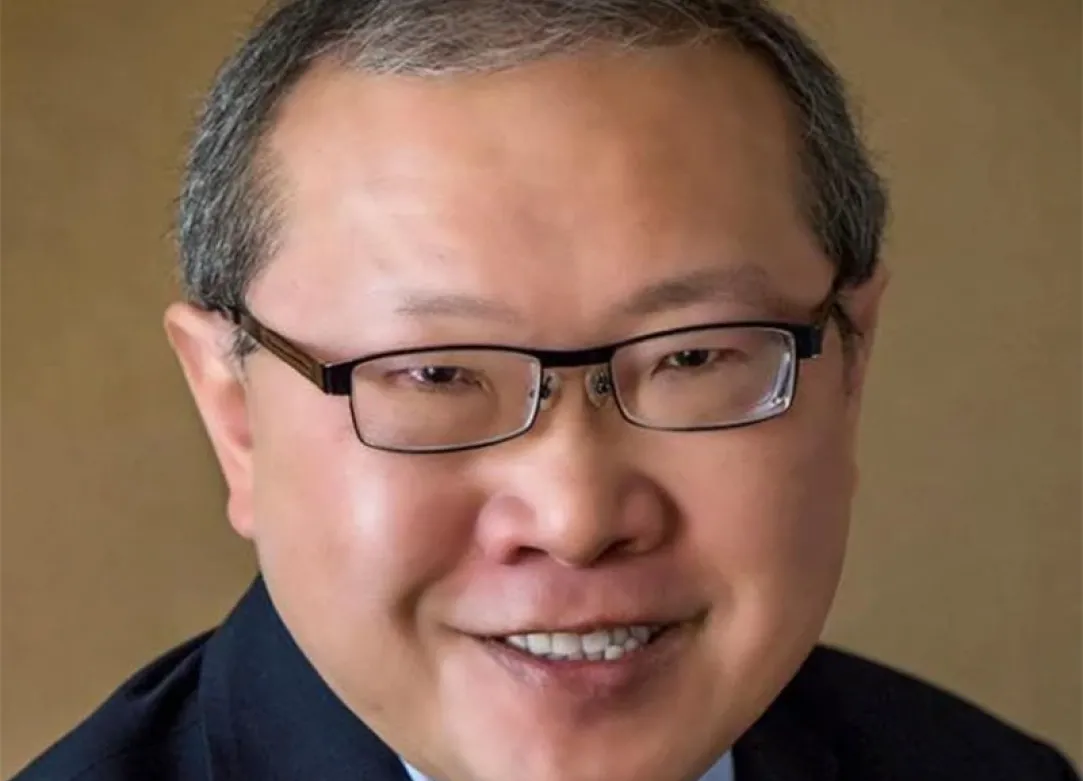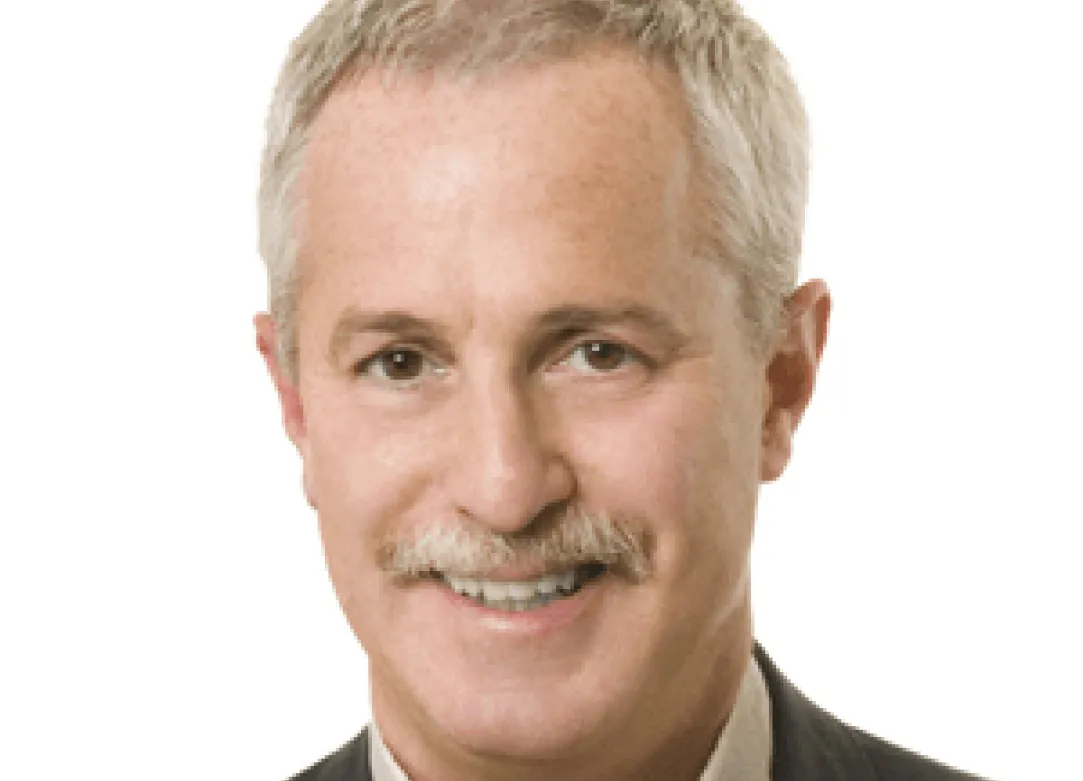Dr. Jason Hickel is an economic anthropologist, author, and a Fellow of the Royal Society of Arts. He is Professor at the Institute for Environmental Science and Technology at the Autonomous University of Barcelona, and Visiting Senior Fellow at the International Inequalities Institute at the London School of Economics. He is Associate Editor of the journal World Development, and serves on the Statistical Advisory Panel for the UN Human Development Report, the advisory board of the Green New Deal for Europe, and the Harvard-Lancet Commission on Reparations and Redistributive Justice.
Jason's research focuses on global inequality, political economy, post-development, and ecological economics, which are the subjects of his two most recent books: The Divide: A Brief Guide to Global Inequality and its Solutions (Penguin, 2017), and Less is More: How Degrowth Will Save the World (Penguin, 2020), listed by the Financial Times and New Scientist as among the best books of the year.
Jason's ethnographic work focuses on migrant labour and politics in South Africa, which is the subject of his first book, Democracy as Death: The Moral Order of Anti-Liberal Politics in South Africa (University of California Press, 2015). He is co-editor of two additional ethnographic volumes: Ekhaya: The Politics of Home in KwaZulu-Natal (University of KwaZu-lu-Natal Press, 2014) and Hierarchy and Value: Comparative Perspectives on Moral Order (Berghahn, 2018).
In addition to his academic work, Jason writes regularly for The Guardian and Foreign Policy, and contributes to a number of other online outlets including Al Jazeera, Fast Company, Prospect, Jacobin, Le Monde Diplomatique, New Internationalist, Red Pepper, Truthout, and Monthly Review. His media appearances include Viewsnight, the Financial Times, the BBC World Service, Sky News All Out Politics, BBC Business Matters, Thinking Allowed, Renegade TV, NPR, Doha Debates, TRT World, the LA Times, Citations Needed, and Russell Brand's podcast Under the Skin.
Jason has received a number of teaching awards, including the ASA/HEA National Award for Excellence in Teaching Anthropology. His research has been funded by Fulbright-Hays, the National Science Foundation, the Wenner-Gren Foundation, the Charlotte W. Newcombe Foundation, and the Leverhulme Trust.
He is originally from Eswatini.
